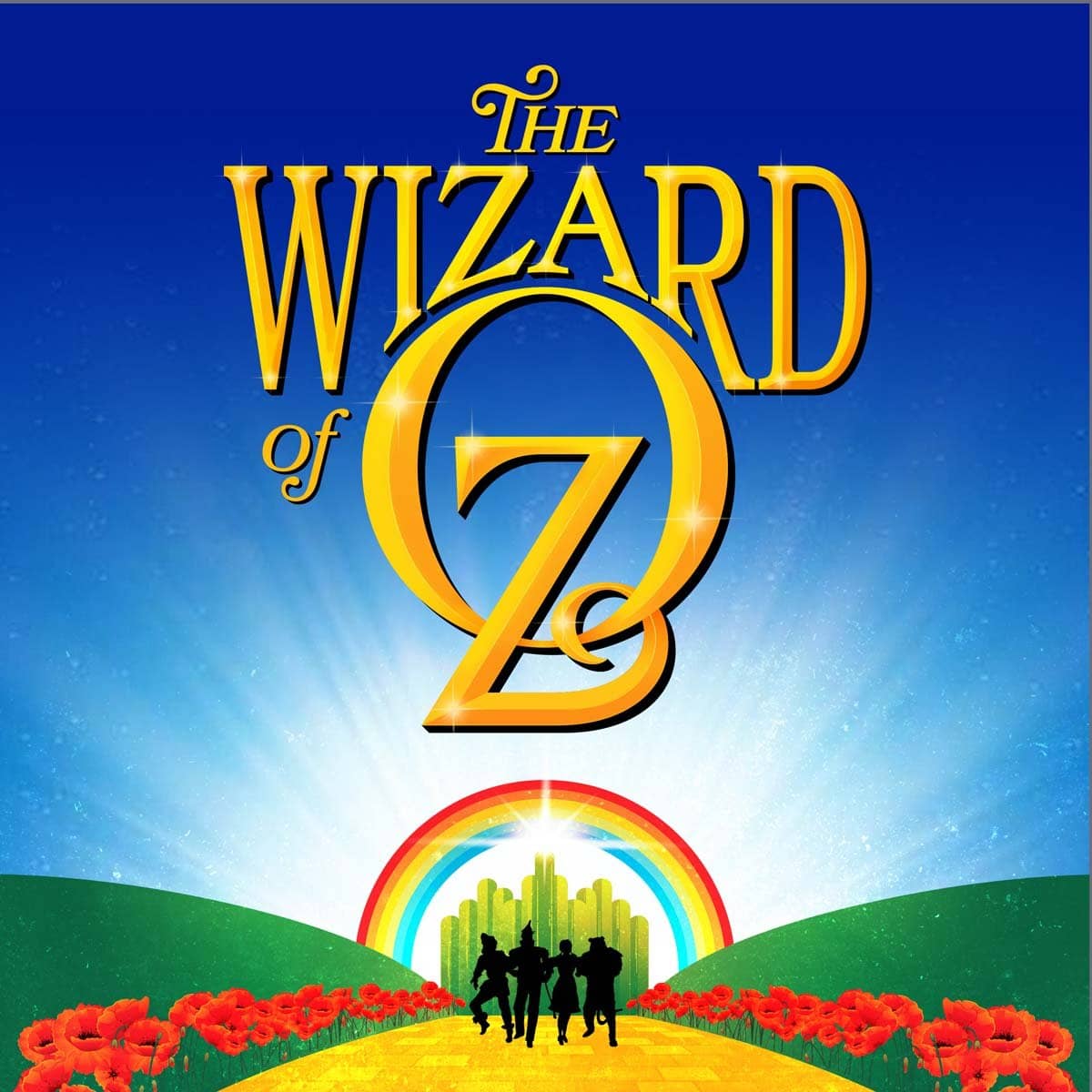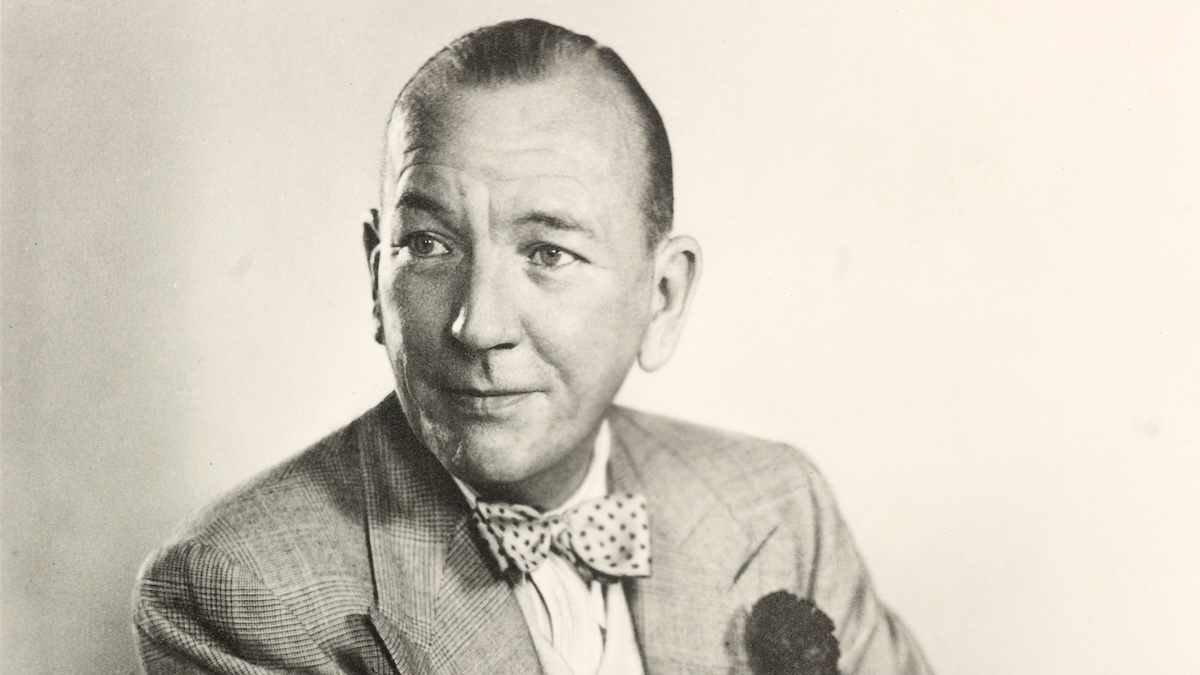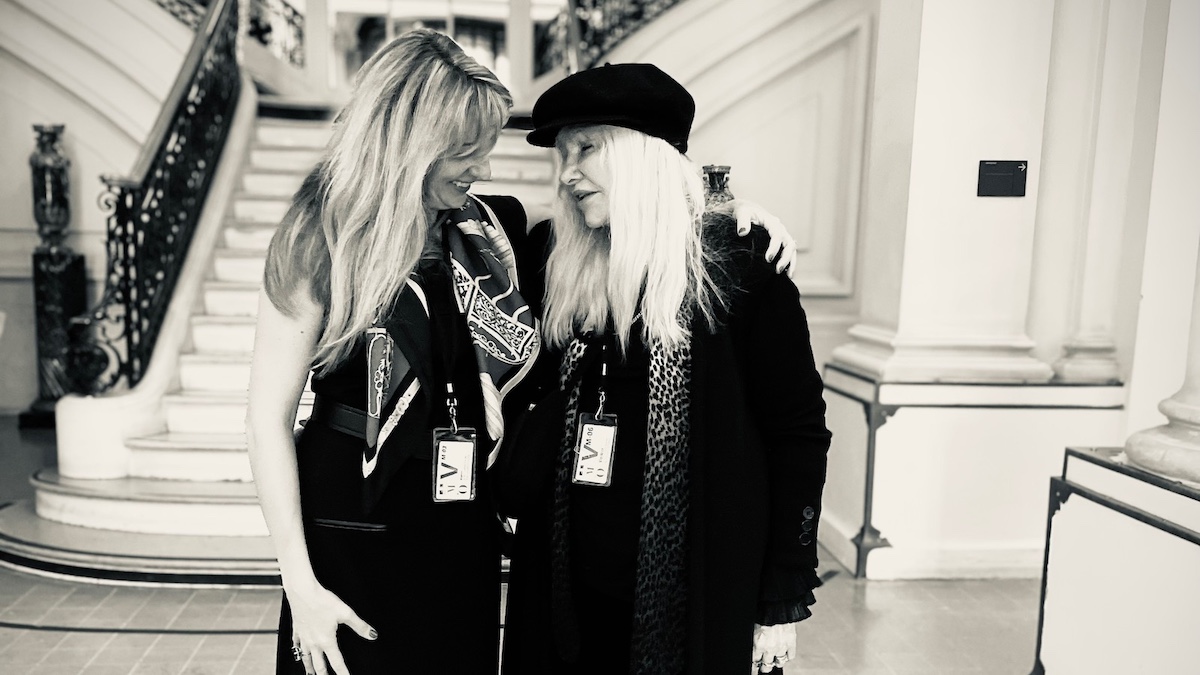
The Wizard of Oz (US/UK), MGM’s groundbreaking Technicolor sensation, was released on August 25, 1939. The movie musical’s source material, L. Frank Baum’s The Wonderful Wizard of Oz, debuted 39 years earlier, in September 1900.
80 years after the film premiere, and an astonishing 119 years after the publication of the novel, The Wizard of Oz remains a cultural treasure, beloved by millions of fans around the world and celebrated in thousands of live performances every year.
In his 1989 book The Wizard of Oz: The Official 50th Anniversary Pictorial History, author John Fricke noted that the Library of Congress declared The Wizard of Oz “the most-seen film in movie history,” thanks to repeated TV broadcasts and home video viewings. In 2004, the song “Over the Rainbow” was ranked #1 by the American Film Institute in on its “100 Greatest Songs in American Films” list. And quotes from the screenplay continually top the American Film Institute’s “Top 100 Movie Lines of All Time.”
How and why did this odd story capture our hearts? What is the secret of its enduring appeal?
The answer is a combination of factors, including the story’s escapist appeal, its celebration of community, and that gloriously memorable score.
Escape Into Fantasy
Undoubtedly, a huge source of the musical’s charm is the allure of Baum’s magical world, a colorful dreamland far from the drudgeries of home. When the film premiered, America was enduring the hardships of the Great Depression, and audiences sought entertainment offering a reprieve from their daily concerns. Baum’s wonderland of witches, wizards, talking animals, flying monkeys and magic slippers fit the bill. Today, eighty years later, we still seek escape from the fatigue of a wearying news cycle, and what better destination than a twinkling emerald fantasy land?
Patrick Pacheco, veteran journalist and bestselling author of The American Theatre Wing, An Oral History, attributes the musical’s success to that promise of liberation. In a recent interview with Breaking Character, Pacheco cited the “idea of escape,” noting that the Dorothy longs for a new community—an idea with particular appeal to young people who don’t quite fit in. “When you’re an outsider, when you’re not understood by your own family, much less society at large, you want to escape into fantasy. Then something like The Wizard of Oz comes along… and you find a community and you want to go live there. That is your safe place. That’s your safe zone.”
Community
That sense of community extends from the story itself to productions of its stage adaptation. Right now, somewhere on this globe, a theatre company is actively creating a new family by rehearsing and producing The Wizard of Oz on stage. And they’ve been doing it for decades. In Tams-Witmark’s longtime newsletter Musical Show, several directors shared their experience with the musical over the years:
Chris Bundy of Floyd Central High School in Indiana loved the experience, declaring, “Few musicals inspire a cast and create such a sense of magic and nostalgia as The Wizard of Oz.”
Sanford Pilz, Drama Club Supervisor at Martin Kellogg Middle School in Connecticut wrote, “The Wizard of Oz is the perfect musical for students of this age. The content is very appropriate and enough parts exist for anyone interested in participating. This year, once you add all of the leads, chorus parts, mini-Munchkins and stage crew, our production involved over 250 children.”
And thanks to its universal appeal and variety of roles, the show thrives in productions featuring actors ranging from preschool beginners to adult professionals, creating new communities of actors of all ages and abilities.
“Perhaps most important of all,” Piz added, “we created and strengthened connections with our students that have cascaded from the theater into the halls, classrooms, and the school community at large.”
That Score!
Of course, the greatest strength of The Wizard of Oz – and the most likely reason for its timeless appeal – is the glorious collection of songs from composer Harold Arlen and lyricist E.Y. Harburg, coupled with that indelible instrumental score by Herbert Stothart. (Arlen and Harburg gave us songs like “Over The Rainbow” and “If I Only Had A Brain,” and Stothart contributed memorable musical theme like the iconic motif for Miss Gulch and the Wicked Witch of the West.)
The film’s two Oscar wins were both for music: Arlen and Harburg won Best Original Song for “Over the Rainbow” and Stothart won Best Original Score. And you can hear why – Stothart’s underscoring creates tension, builds excitement and enhances poignancy while “Over The Rainbow” soars with yearning, beauty and wonder.
In 1939, film audiences first heard Judy Garland sing about a place where “dreams that you dare to dream really do come true.” Eighty years later, in theatres all over the globe, young singers in blue gingham dresses continue to thrill audiences with the allure of a fantasy land found just “over the rainbow.”
May those young dreamers continue to serenade us for generations to come.
…
To license your own production of The Wizard of Oz, visit Concord Theatricals in the US or UK.

Noël Coward’s Travels

Kate Chopin in New Orleans: Mother-Daughter Author Duo Collaborate on Historical Book

